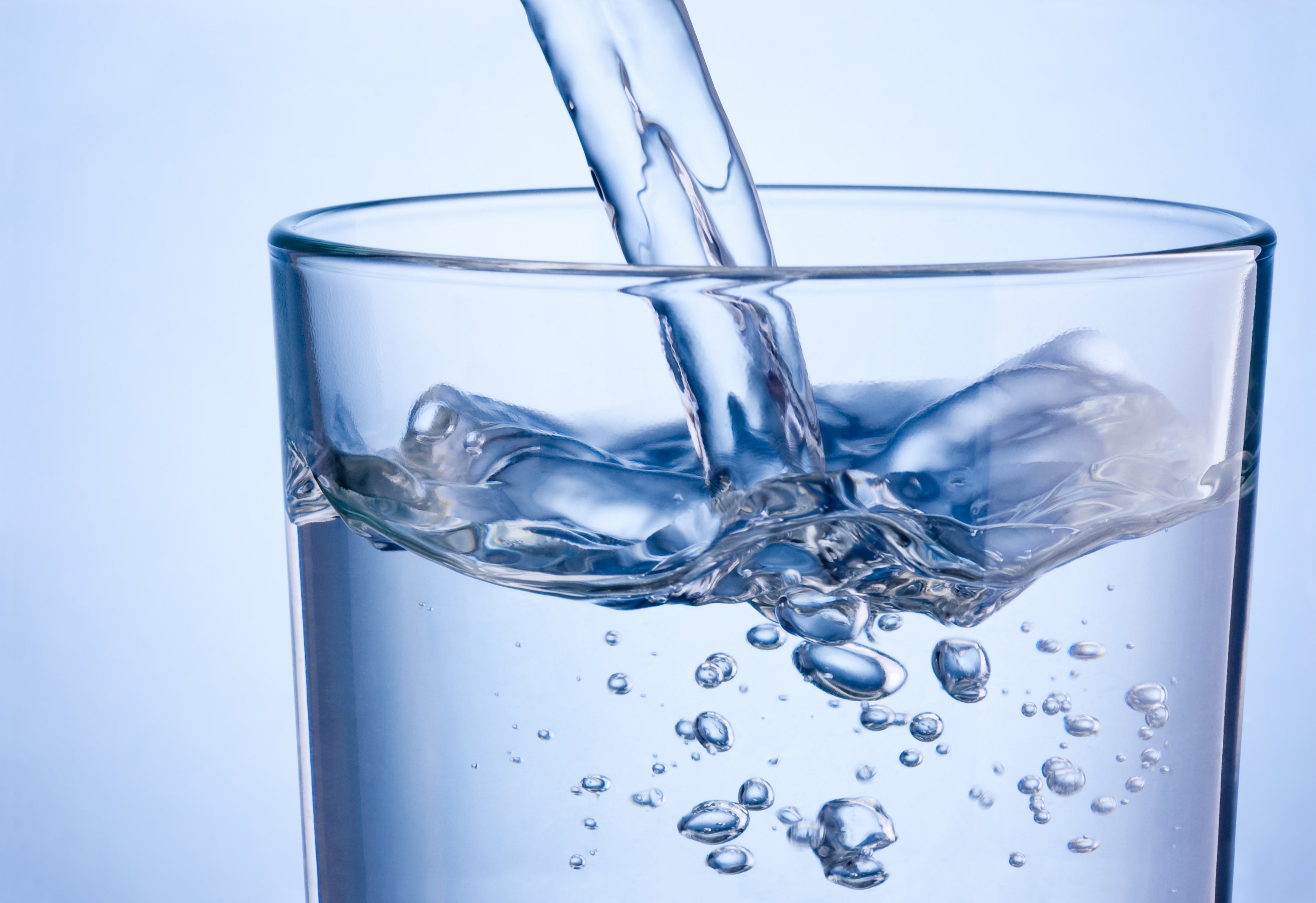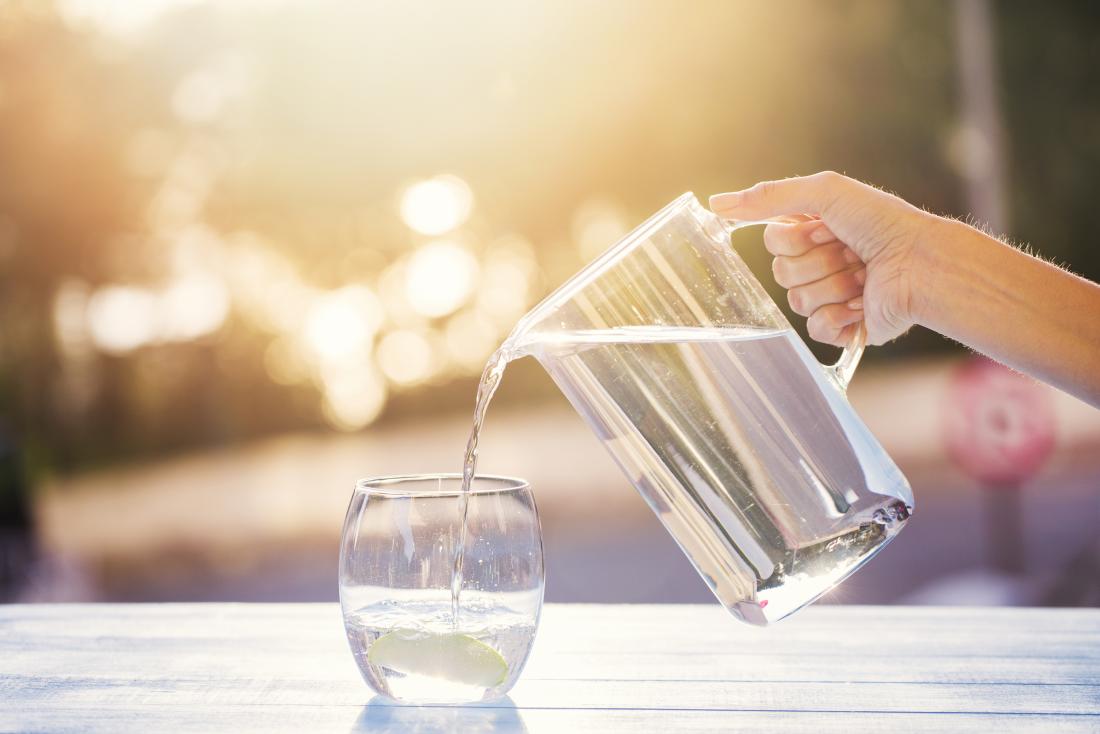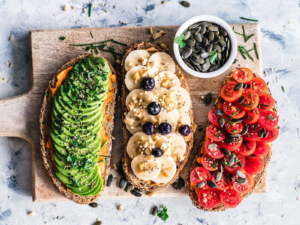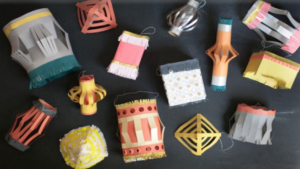The Holy Month of Ramadan is a time when staying healthy requires maintaining hydration levels. One of the most vital elements of the human body, water makes up between 60 and 70 percent of the total weight of an adult. Several body organs and systems depend on water to function properly. Water is essential for the body’s electrolyte balance and the absorption of numerous nutrients because it creates a favourable environment for a large number of chemical reactions.
Due to the extended duration of fasting and extreme temperatures, it is important to drink lots of fluids, especially water, throughout the holy month of Ramadan. Vegetables, fruits, drinks, and soups are all excellent providers of fluid for the body. Nonetheless, a person who is fasting should consume more water because it has no calories and can replace any lost fluids in the body.
During Ramadan, Muslims fast from sunrise to sunset, which can last up to 16-17 hours, depending on the location and time of year. This means that they abstain from food and drink, including water, during this time. Staying hydrated during Ramadan is crucial because dehydration can cause various health problems, including headaches, dizziness, fatigue, and constipation. These symptoms can make it difficult for individuals to carry out their daily activities, including work, prayer, and other religious obligations. Additionally, dehydration can lead to more serious health issues, such as kidney stones and urinary tract infections. It can also increase the risk of heat exhaustion and heatstroke, especially during the summer months. To avoid dehydration during Ramadan, it is essential to drink enough fluids during the non-fasting hours. This includes drinking plenty of water, as well as other hydrating beverages such as coconut water and fruit juice. It is also important to avoid caffeine and sugary drinks, as they can contribute to dehydration.
Fasting during Ramadan can be challenging, especially when it comes to staying hydrated. Here are some tips to help you stay hydrated during Ramadan and avoid dehydration:
Drink plenty of water and fluids:
Drink at least 8-10 glasses of water a day during non-fasting hours. Avoid drinks that contain caffeine or high levels of sugar, as they can dehydrate your body. There are calorie-dense beverages that can make you gain weight, and stimulant beverages like coffee and tea which are diuretics can make you lose more fluids.

Eat hydrating foods:
Incorporate fruits and vegetables with high water content, such as watermelon, cucumbers, and tomatoes, into your meals. They will help you stay hydrated and provide essential vitamins and minerals. Blend some hydrating fruits like watermelon, pineapple, and cucumber, and add some ice and water to make a refreshing and hydrating smoothie. You can also add some chia seeds or flax seeds for extra nutrients.

Dates are a traditional food to break the fast with during Ramadan, and you can pair them with hydrating fruits like watermelon or cucumber to help you rehydrate after a long day of fasting.
Avoid salty and spicy foods:
Salty and spicy foods can increase your thirst and cause dehydration. Limit your intake of salty and spicy foods during iftar and suhoor. Salty foods can cause dehydration as they can make the body lose more water through urine. Similarly, spicy foods can increase body temperature and cause excessive sweating, which can also lead to dehydration.

Break your fast with water:
Start your Iftar meal with a glass of water to replenish your body’s fluids and prevent dehydration. Water helps to flush out toxins and waste products that have built up in the body during the fast, and it can also help to reduce feelings of hunger and cravings. Drinking water can help to stimulate the digestive system, preparing it for the food that will be consumed later. This can help to prevent digestive problems such as bloating, constipation, and indigestion. Breaking a fast with water can help to promote mindful eating habits. By taking the time to drink water before eating, individuals can become more aware of their hunger levels and make more conscious choices about what and how much they eat.

Avoid overeating:
Overeating can lead to indigestion, bloating, and discomfort. It can also decrease your body’s ability to absorb water. Eat small, balanced meals during iftar and suhoor. One way is that when you eat too much, your body needs more water to digest the food. The process of digesting food requires water, and if you eat a lot of food, your body will require even more water to digest it properly.
Another way overeating can cause dehydration is by increasing your body’s metabolic rate. When you eat a large meal, your body has to work harder to digest and process the food. This increased metabolic activity can lead to an increase in sweat production, which can cause you to lose more water through your skin.
Monitor your urine color:
Check your urine color throughout the day. If it is dark yellow or amber, it means you are dehydrated, and you need to drink more fluids.







